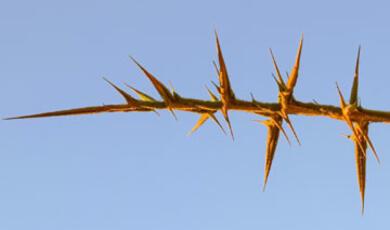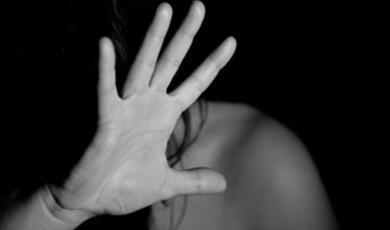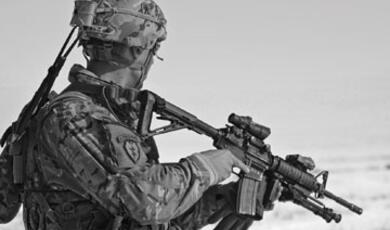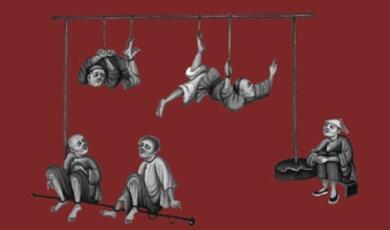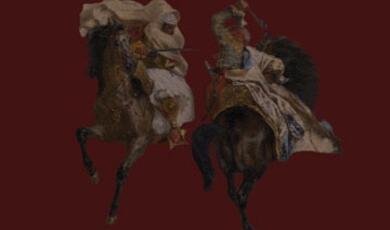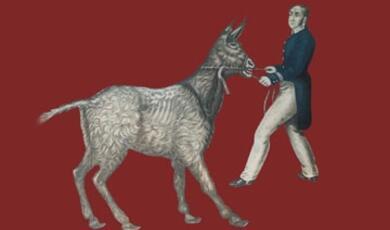Professor Joanna Bourke continues her exploration of human violence in this lecture series which includes a closer look at state torture, violent people and cruelty to animals.
Torture was officially outlawed in France in the 1780s and in Europe during the nineteenth century. In the late twentieth and early twenty-first centuries, it has returned as an instrument of state policy. The defence of torture is no longer viewed with abhorrence. How have languages of patriotism, law and order, justice, the ‘civilizing mission’, and human rights been used to foster attitudes towards and practices of torture in Western societies? What should our responses be?
Most of us have witnessed or had personal dealings with violent people. Why do they act as they do? How have British and American commentators during the past two centuries understood violent behaviour? The media incites anxieties about personal vulnerability; widespread innumeracy leads many people to misread crime-statistics, and an expectation of greater civility makes its breach so much more frightening. What can we do to reduce levels of violence in our society?
Understanding the changing relationships between humans and animals is central to our world today. Professor Bourke starts by looking at early-modern understandings of the nature of ‘animal’ and ‘human’ life, before turning to the rise of ‘rights of animals’. She concludes by investigating the late twentieth and early twenty-first century thought about evolution, the Great Apes, and liberationist and ecology movements.


 Login
Login

